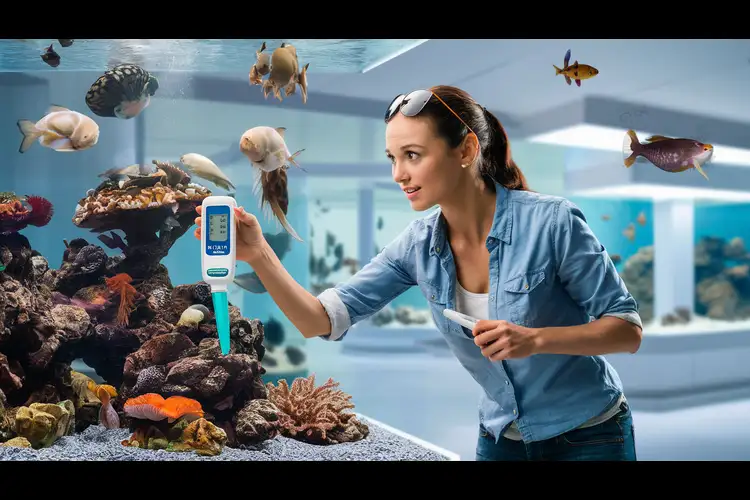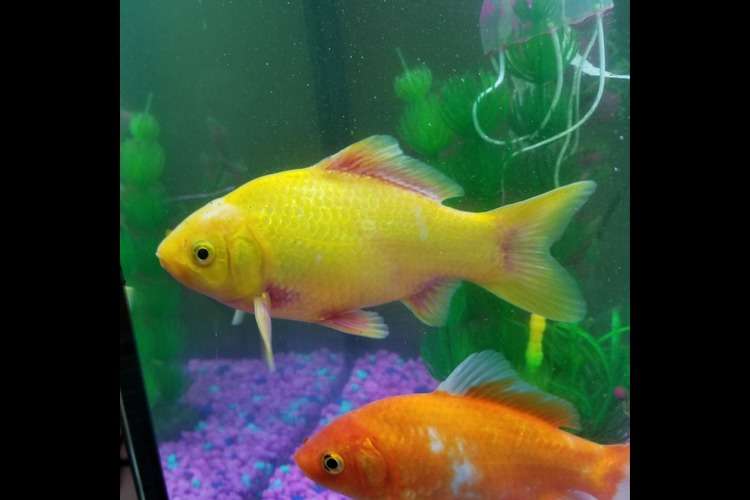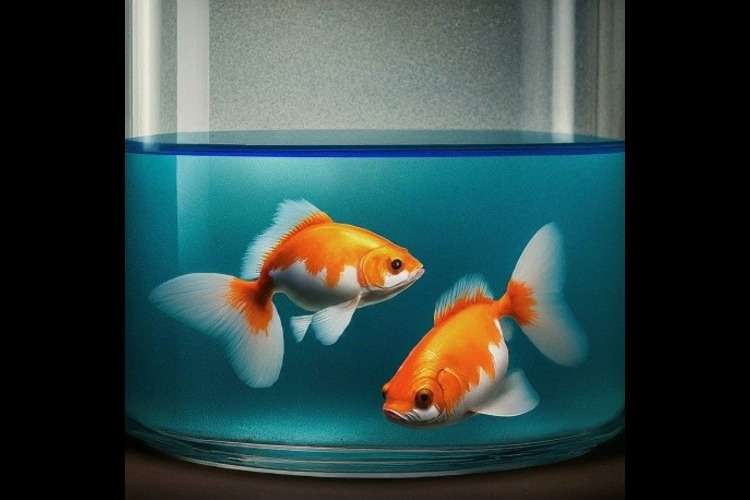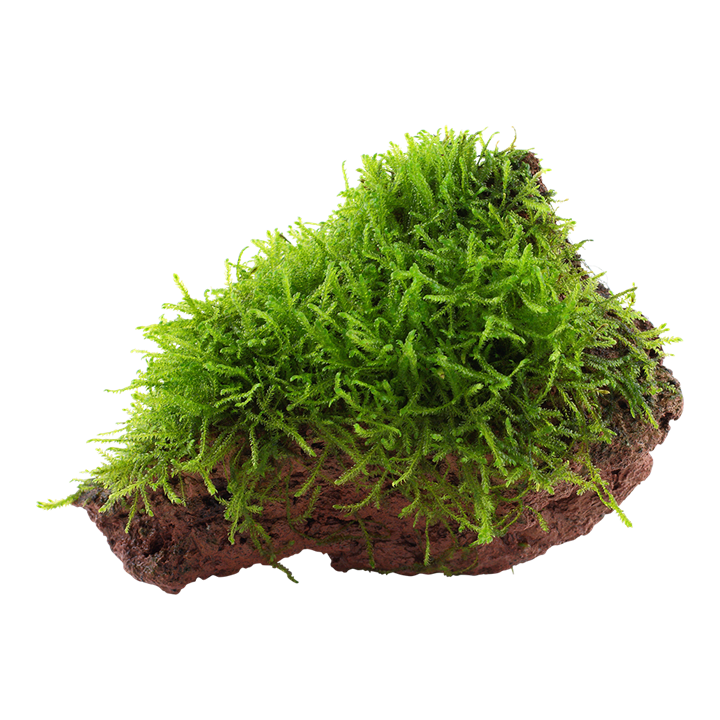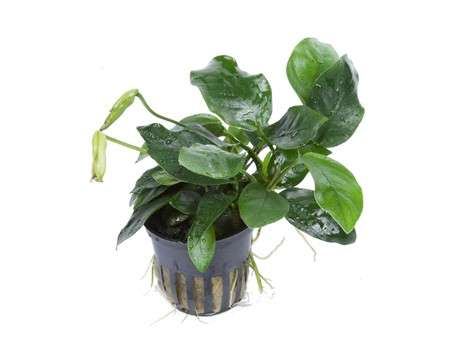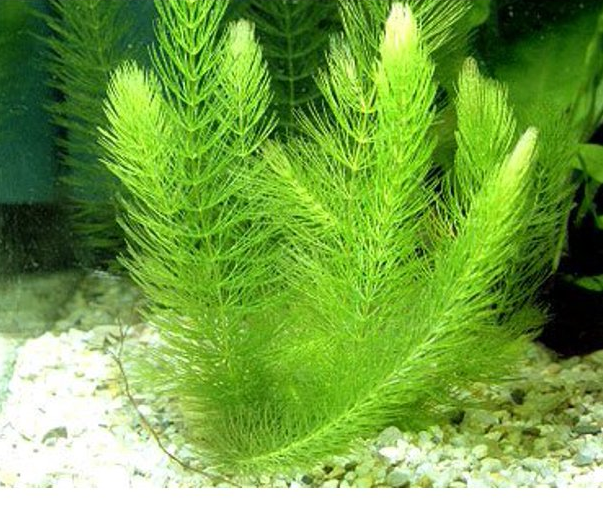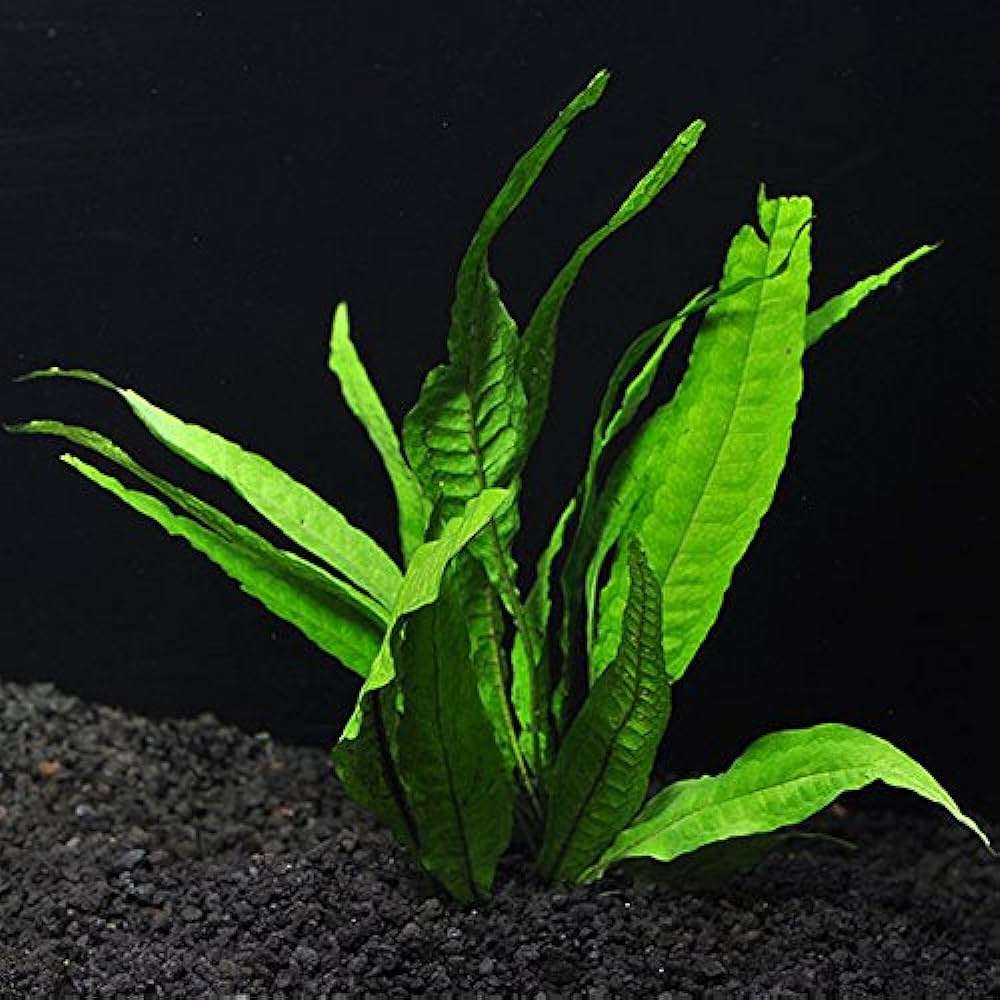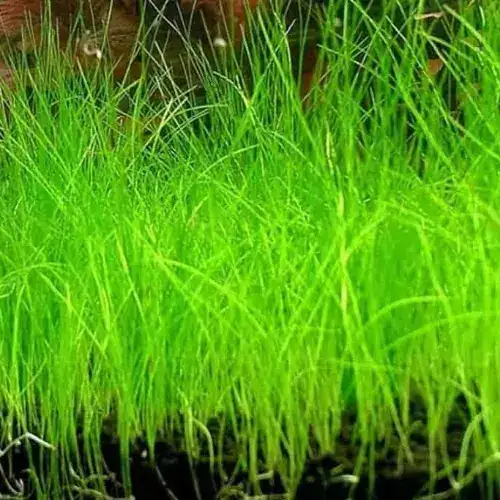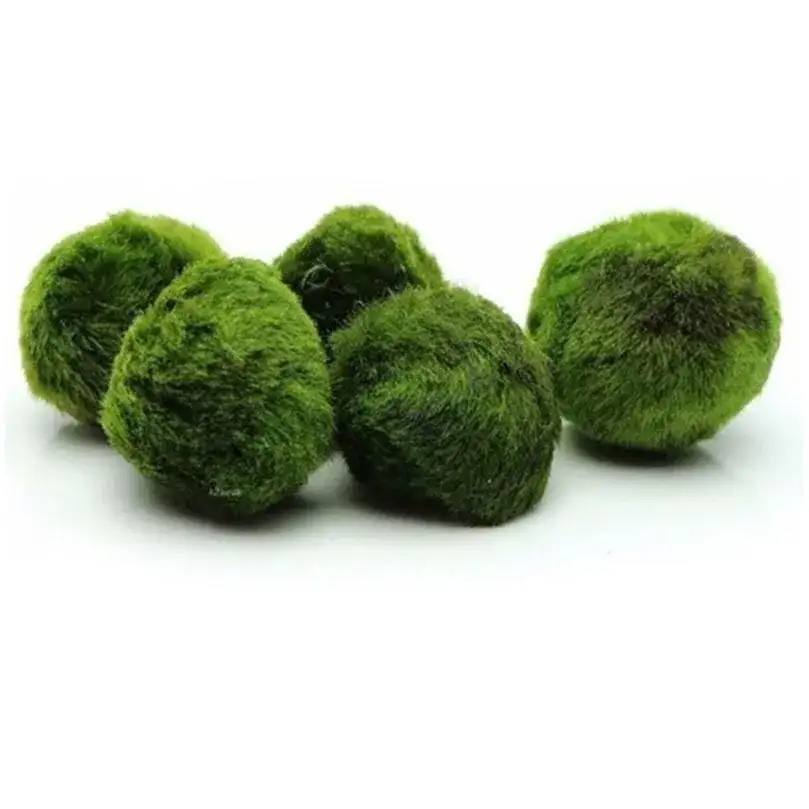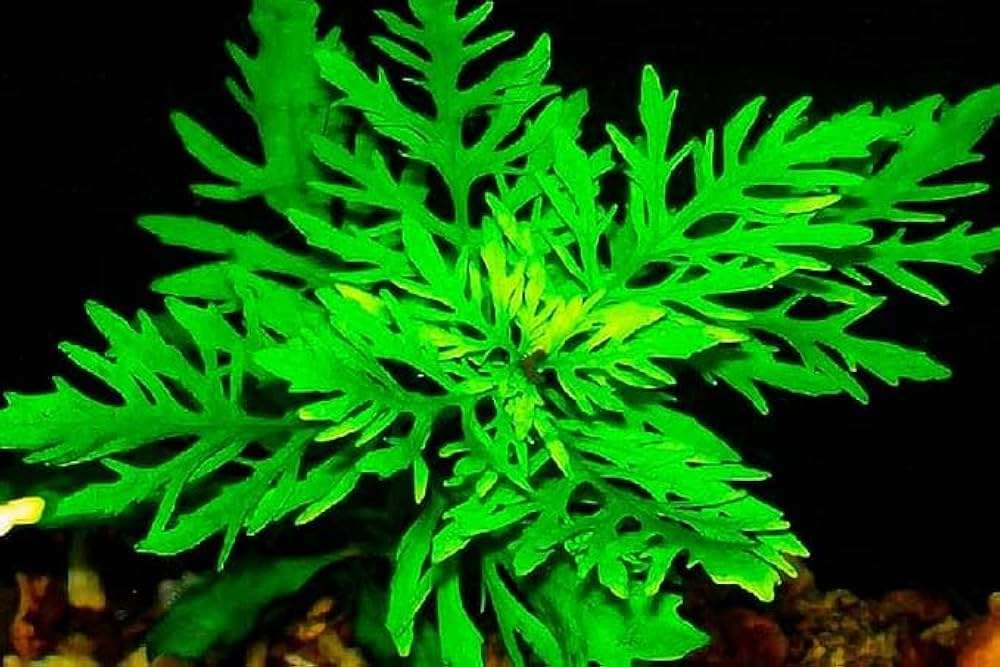Discus Fish Care Guide: Avoid These Common Beginner Mistakes
Learn how to care for Discus fish the right way. Discover expert tips on water quality, feeding, diseases, and setup to keep your Discus healthy and thriving.
Table of Contents
- Super Sensitive Species
- Water Impacts Their Hunger
- Specific Parameters
- Susceptible to Disease
- Faq
- Conclusion
If you're allured by the gorgeous colors, patterns, and movements of Discus fish, you're not alone. Sometimes referred to as "Kings of the Aquarium," Discus are one of the most respected and sought after freshwater fish in the hobby. But there's a serious catch to that: they're not beginner friendly. Before you rush to get one or two into your aquarium, it's important to know what makes them different, what their requirements are, and why many aquarists fail (or succeed) with them. Here's a complete beginners guide based on expert advice.
Super Sensitive Species
Discus Are Not Like Other Fish
Unlike guppies or mollies that can tolerate a wide range of conditions, Discus require stability and precision.
Water Quality is Everything:
Discus originate from the soft, acidic waters of the Amazon River. Their bodies are biologically tuned to these very specific parameters. Exposing them to hard water, chlorine, or ammonia spikes can trigger immediate stress responses.
Why They're Considered Sensitive:
• They react quickly to temperature changes.
• They are highly prone to disease when water isn't pristine.
• They stop eating if the pH is unstable.
• They may become reclusive or aggressive under stressful conditions.
Tap Water Troubles:
Hard municipal tap water is usually loaded with minerals, chlorine, and other contaminants. Unless you’re treating it thoroughly (or using RO water), it’s unsuitable for Discus.
Tip: Always test your water for hardness (GH), alkalinity (KH), and pH before introducing Discus.

Water Impacts Their Hunger
No Eating Because Of Bad Water
Discus are relatively picky eaters when it comes to food. One of the first indicators of comfort or well-being is often hunger.
The Importance of Appetite: these fish require frequent feedings (3–5 short feedings per day) of quality food including high protein flake/pellets, frozen bloodworms, or beef heart. However, if the water is not soft or clean enough, they could stop eating altogether.
Water-induced Symptoms of Appetite Loss:
• Hiding/hovering in corners

• Regularly spitting food out
• Ignoring food they loved

The Solution?
Keep the water stable, soft, clean, and gentle. Care for your filter and keep it clean, vacuum the substrate, and do a 30%-50% water change weekly.
Caution: Only feed discus as much food as possible, especially if you are trying to maintain a clean tank.
Specific Parameters
Discus Need Very Specific Conditions
If you intend to keep Discus, you will want to know their water chemistries—not just guess at them.
Best Conditions for keeping Discus:
Temperature: 82–86°F (28–30°C) is ideal. If it drops below 82°F they have reduced immunity which makes them more susceptible to diseases like Hexamita.

pH Range: 6.0 - 6.5 is ideal, which is only slightly acidic, but it is similar to their natural black water environment. Do not make large or abrupt changes to the overall pH.
Water Hardness: Discus prefer soft water (GH 1 - 4, KH 1 - 2). Most tap water is too hard and needs to be adjusted with RO or conditioner.
Why RO Water?
While the RO (Reverse Osmosis) water is ultra-purified, when you use RO water you strip everything out—including all minerals. Therefore, you'll be able to remineralize to the precise parameters for Discus, and you naturally get a consistency that regular tap water cannot even be close to.
Parameters to Test Regularly:
Ammonia and Nitrite: 0 ppm
Nitrate: <10 ppm
Temperature: 82–86°F
pH: 6.0–6.5
GH/KH: Soft (low)
Susceptible to Disease
Dirty Water Can Be Fatal.
Discus fish are lovely but fragile. Dirty water can lead to infections that can be difficult to treat once established.
Common diseases in Discus tanks:
Gill Flukes: Parasites that affect the breathing of fishes.

Hexamita: An internal parasite that is often exhibited as white stringy poop and a fish that has lost its appetite.

Fin Rot: Caused by unclean water.

Ich (White Spot Disease): More likely with a large drop in temperature.

What Causes Infections?
• Bad filtration.
• Over-feeding.
• Not enough water changes.
• Not quarantining new fish.
How do we prevent disease?
• Always quarantine new fish for 2 – 3 weeks.
• Change your water regularly and clean the substrate.
• Don't over-crowd, and keep stress low.
• Feed a balanced diet. Too much of one type of food will weaken your fish’s immunity.
Pro Tip: UV sterilizers or internal filters with good sized biological and mechanical media (filter sponge) can be more effective in providing clean water.
Faq
1. Are Discus fish beginner-friendly?
No, they need stable water and advanced care.
2. Why are Discus considered sensitive?
They react quickly to water changes, poor quality, and stress.
3. Can I use tap water for Discus?
Only if softened and dechlorinated; RO water is better.
4. Ideal water parameters?
• Temp: 82–86°F
• pH: 6.0–6.5
• GH: 1–4
• KH: 1–2
• Ammonia/Nitrite: 0
Nitrate: 10 ppm
5. Why use RO water?
It allows precise control of water softness and purity.
6. Why do Discus stop eating?
Due to stress, poor water, illness, or pH swings.
7. How often to feed Discus?
3–5 times daily in small amounts.
8. Common diseases?
Gill flukes, Hexamita, Fin rot, and Ich.
9. How to prevent infections?
Clean water, regular water changes, quarantine new fish, and balanced diet.
10. Can Discus live with other fish?
Yes, but only peaceful species that like warm water.
11. Do they need plants?
Optional, but plants help reduce stress.
12. Minimum tank size?
55–75 gallons for a group of 5–6 fish.
Conclusion
Although discus fish are not necessarily the simplest kind of fish to take care of, they can certainly provide a rewarding experience for freshwater aquarists who are serious about having consistent, stable parameters as well as ongoing maintenance of their aquarium. The colors, swimming style, and temperament of discus fish can be breathtaking and act as the focal point of any freshwater aquarium. The objective is not to achieve perfection with discus. The objective is to try to maintain clean and stable levels of water, recognize any changes in their behavior and respond to those changes in a timely manner, and with the right kind of knowledge, patience, and tools, anyone should be able to enjoy the beauty and grace that a discus fish can offer to a home aquarium.


